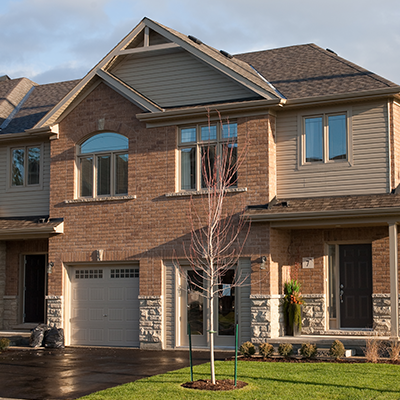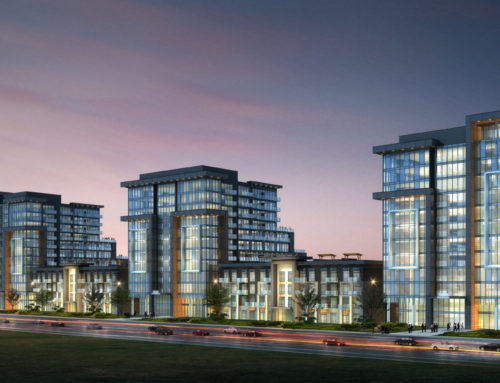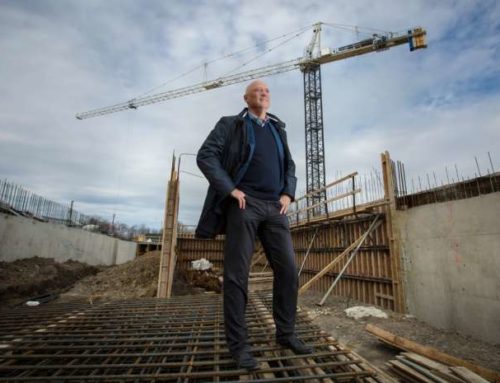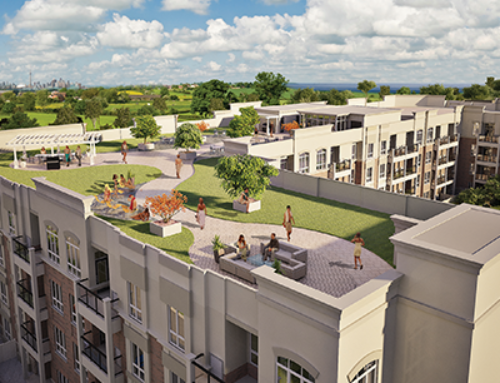Purchasing your new home can be an extremely daunting endeavor. You will certainly experience a roller coaster of emotions while securing a good loan, searching for the right place and finally moving in. For most of us, our first home purchase is the largest investment we’ve ever considered. The long-term implications of purchasing something so expensive and personal can often cloud our business judgment. Before you begin shopping for the actual house, there are a couple of factors you must consider.
First and foremost, you need to know how much you can borrow. Without this information, your house hunting could turn out to be a major waste of time. Most lenders offer a pre-approval service that allows you to find out exactly how much you actually have to play with. Coming to terms with how much house you can afford provides you with the necessary clarity to responsibly move forward with your search.
Hopefully by this time, you will have already been putting some money away for your down payment. A common mistake many first-time homebuyers make is placing too much emphasis on the size of their down payment instead of paying off other debts. A more prudent approach is to use extra cash to eliminate credit card and any other high-interest consumer debt, even if that means you have to put down less on your future home. Why? The reasoning is simple. First, credit card and consumer debt is expensive and limits your ability to save. Secondly, your credit-card debt will limit how much you can borrow. Lenders won’t allow your total monthly debt such as credit cards, student loans, car loans, as well as homeowners insurance, property taxes and your mortgage to exceed 40 per cent of your gross income.
Now that you’ve figured out your finances, your next focus should be on selecting the community that suits your overall life plan. A good place to start is by examining your present job situation. Is it one that might require you to relocate? If stability isn’t an issue, commute time to and from work should be factored in. With today’s soaring gas prices, you may wish to move to an area that has easy access to public transportation.
Try to think about what your future lifestyle holds for you? Do you plan to have kids? How many bedrooms will you one day require? Your baby will be of school age one day, so you’ll want to factor in the proximity and the reputation of the schools in your area.
Perhaps you’re not ready for kids. Family-oriented neighbourhoods can be a bit noisier, particularly in the summer. If peace and solitude is something you covet, perhaps you should look for a more secluded community.
The bottom line is, if you’re contemplating a move to an unfamiliar neighbourhood, take time to do some exploring. Walk and drive around to get a feel for the community. Spend a “day in the life” of the neighbourhood and take some notes. Tour through the community to get a sense of the area’s vibe and traffic volume at different times of the day. Check out local services and businesses and see if the nearby amenities accommodate your needs and desires. Proximity to medical facilities and pharmacies, places of worship, supermarkets and convenience stores all contribute to the livability of your new home.
Find out what’s around your neighbourhood. Your ideal home may not be ideal anymore if it’s downwind from a pig farm or garbage dump, or if your home is right next to a freeway overpass. Think about the view: what will you see every time you look out your windows or stand on your front step? Asking such questions is every bit as important as figuring out what type of home you’d like to live in.
Make sure not to overlook the history and future of the neighbourhood. An older community might provide some historical charm but the surrounding homes in the area might need some work, while a predominantly new community may feel disconnected and artificial until the new subdivision takes root. Ensure that you are fully aware of any future developments, construction or planned area redevelopment as this will factor significantly into the enjoyability of your new home.
Ultimately, there is really no better way to get information than talking to the people that live there. Locals will typically be sincere and forthcoming about all the advantages and disadvantages about living there. Beyond gossip from locals, there is still a plethora of reputable resources at your disposal from which to draw legitimate statistics and pertinent information. There are vast records of data on every community in this province. Government websites generally provide the most accurate and thorough assessments of each community and shouldn’t be overlooked as a prime source for insight and information.
After you’ve examined the factors outlined above, you should be in a much better position to start searching for your actual home. I’m afraid we’ll have to leave that discussion for our next article. Until then, all the best and happy hunting!






